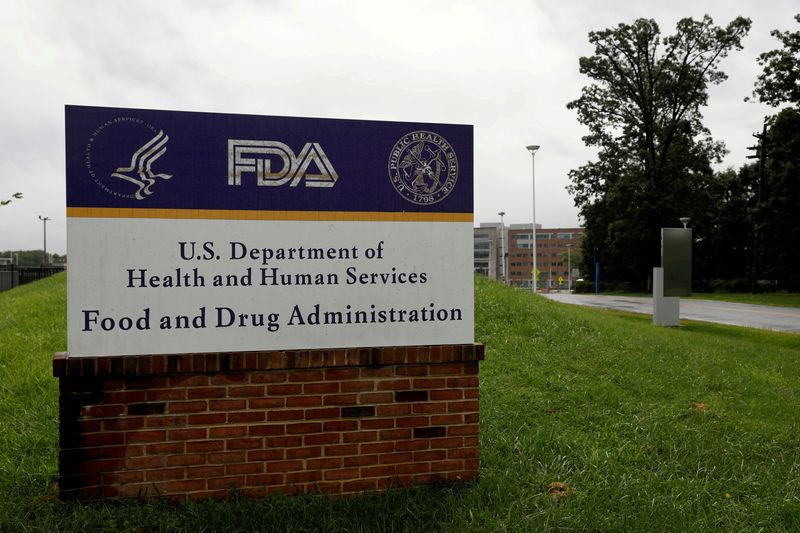By Diane Bartz and Patrick Wingrove
WASHINGTON (Reuters) -The U.S. Federal Trade Commission (FTC) on Tuesday said it sent letters to medical device companies and drugmakers, including AbbVie (NYSE:ABBV), AstraZeneca (NASDAQ:AZN) and Teva, disputing the accuracy or relevance of 110 patents that could lead to delays in generic competition.
Many of the patents at issue in the Food and Drug Administration's Orange Book listing of approved products were for devices such as asthma inhalers and epinephrine autoinjectors, the FTC said.
"Wrongfully listed Orange Book patents by pharma companies can raise drug prices for Americans, harm fair competition, and delay better drugs," FTC Chair Lina Khan said on X, formerly known as Twitter.
"Millions of Americans rely on inhalers to control their asthma. And even though some of the most popular inhalers have been on the market for decades, they can still cost patients hundreds of dollars a month," she said.
The Orange Book identifies drugs and products that the FDA has deemed safe and effective. The FTC says companies sometimes improperly list patents in the Orange Book that can delay market entry of lower priced generics.
Teva and GSK said they were aware of the letters. A Boehringer Ingelheim spokesperson said the company follows all FDA regulations for the listing of patents in the Orange Book.
None of the other companies contacted for this story immediately responded to requests for comment.
In the letter to Israel-based Teva, the world's largest maker of generic drugs that also has branded products, the FTC said it was challenging 35 patents related to its inhalers.
"We have availed ourselves of the FDA's regulatory process and submitted patent listing dispute communications to the FDA regarding the patents with the FDA," the FTC wrote to Teva.
It wrote similar letters to Boehringer Ingelheim and GSK over 22 and 14 inhaler-related patents, respectively.
Mylan (NASDAQ:VTRS), now part of Viatris, got a similar letter over eight patents for EpiPens, which treat life-threatening allergic reactions. There was public outcry in 2016 after Mylan raised the price of a pair of EpiPens to $600, leading to lawsuits and costly settlements.
The FTC told AstraZeneca that 10 patents related to its Symbicort inhaler, which made $2.54 billion for the company in 2022, may have been improperly or inaccurately listed.

AbbVie was informed the FTC would dispute four patents in the Orange Book having to do with Restasis Multidose, eye drops used for chronic dry eye.
The FTC had said in September that drugmakers could face legal action if they improperly list patents with federal health regulators and said it will scrutinize any improper listings.